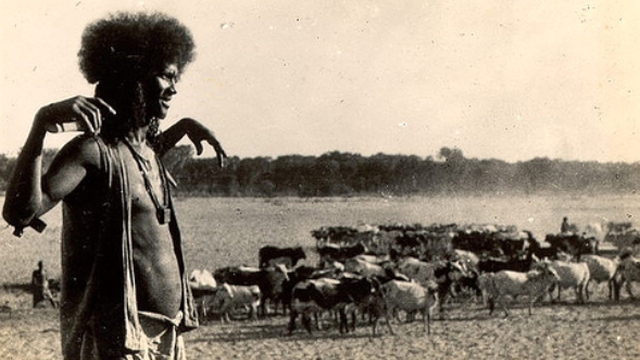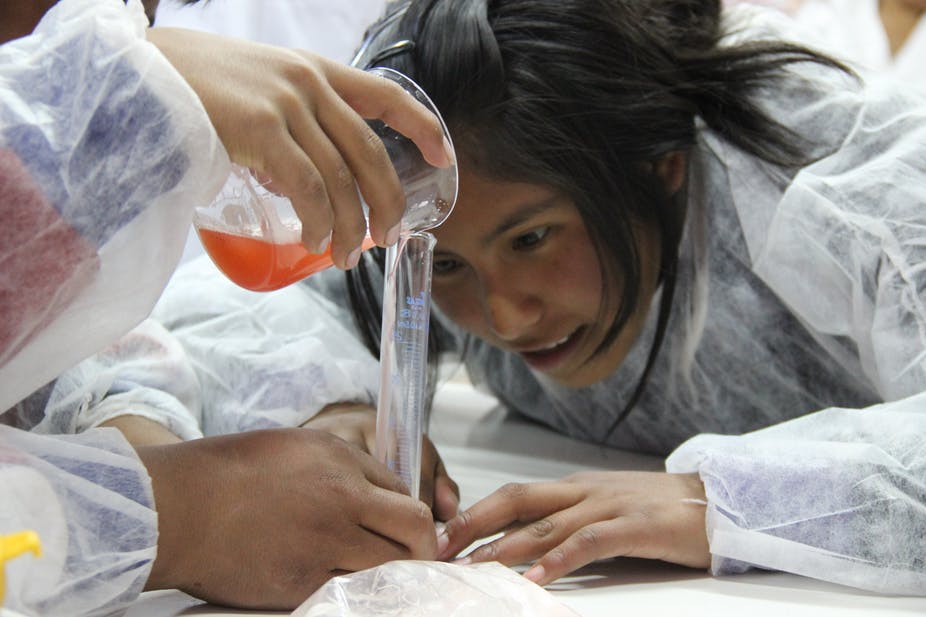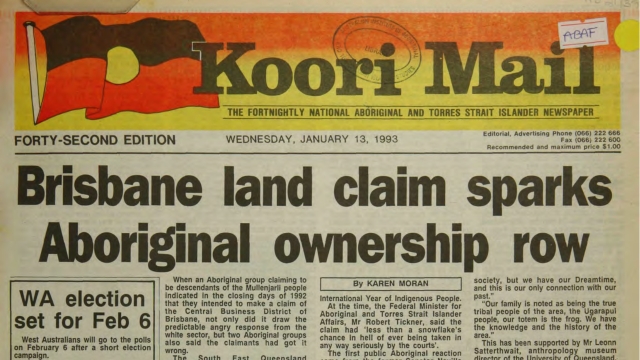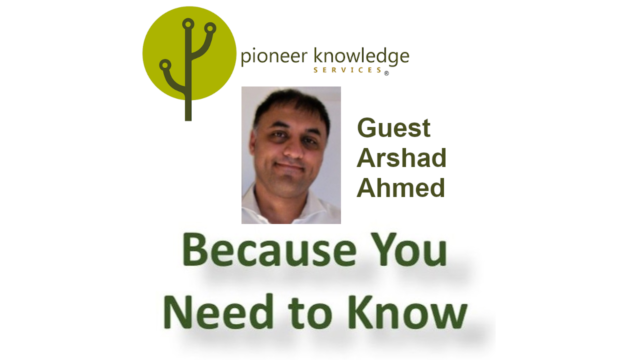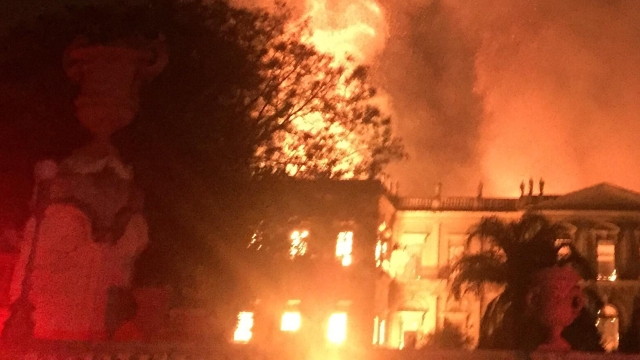
The National Museum of Brazil fire highlights an important knowledge management issue
On 2 September 2018, the 200-year-old National Museum of Brazil was engulfed by fire, with around 90% of its collection of 20 million items believed to have been lost.
When museums are mentioned, the mental picture that most people would immediately have is one of collections of physical artifacts and objects. Reflecting this, news reports of the Brazil fire have highlighted the loss of these collections, for example, Egyptian and Greco-Roman artifacts including a fresco from the ancient city of Pompeii.
However, these irreplaceable physical collections are not all that has apparently been lost in the fire. Gumercinda Gonda, a Professor at Universidade Federal do Rio de Janeiro (UFRJ), alerts in a Facebook post that the National Museum’s indigenous languages collection has also been destroyed. UFRJ has a close association with the National Museum.
Understandably deeply distressed by the loss, Gonda reports that (as translated by Diogo Almeida):
Folks, there’s nothing left from the Linguistics division. We lost all the indigenous languages collection: the recordings since 1958, the chants in all the languages for which there are no native speakers alive anymore, the Curt Niemuendaju archives: papers, photos, negatives, the original ethnic-historic-linguistic map localizing all the ethnic groups in Brazil, the only record that we had from 1945. The ethnological and archeological references of all ethnic groups in Brazil since the 16th century… An irreparable loss of our historic memory. It just hurts so much to see all in ashes.
Indigenous language preservation and knowledge management
The loss of the National Museum of Brazil’s indigenous languages collection is an important knowledge management (KM) issue, for three reasons:
1. Indigenous languages are critically linked to indigenous knowledge
The RealKM Magazine article series “The case for indigenous knowledge systems and knowledge sovereignty” highlights the importance of indigenous knowledge, and a report to the Canadian Government1 highlights the importance of indigenous languages to indigenous knowledge:
Language is by far the most significant factor in the survival of Indigenous knowledge. Indigenous languages and their symbolic, verbal, and unconscious orders structure Indigenous knowledge; therefore, educators cannot stand outside of Indigenous languages to understand Indigenous knowledge.
2. Fire protection measures are only part of the solution
Museums are highly susceptible to natural disasters including fires, so museum fires are unfortunately a relatively frequent occurrence. For example, less than three years ago, fire destroyed the Museum of the Portuguese Language in São Paulo, also in Brazil, and other recent museum infernos include the National Museum of Natural History in Delhi, India (April 2016), the Maritime Museum in North Jakarta, Indonesia (January 2018), and the Aberdeen Museum of History in Washington, the United States (June 2018).
Numerous guides and guidelines have been published describing measures to protect museum collections from the risk of fire, for example the guides from the Arts Council England and United States National Parks Service. All museums should be implementing such measures, but their ongoing effectiveness will always be at risk of being undermined by changes in government priorities. Indeed, in the wake of the National Museum of Brazil fire, there have been angry accusations of spending cuts and inadequate maintenance, including of the National Museum’s sprinkler system.
But these fire protection measures aren’t enough. Writing in WIRED, Emily Dreyfuss advises what must also be done in addition to fire protection: museums need to digitally backup indigenous knowledge, and doing this must be a high priority. In regard to the loss of the National Museum of Brazil indigenous languages collection, she states that:
It didn’t have to be this way. All of these artifacts could have been systematically backed up over the years with photographs, scans, audio files. The failure to do so speaks to a vital truth about the limits of technology: Just because the means to do something exists technologically doesn’t mean it will be done. And it underscores that the academic community has not yet fully embraced the importance of archiving—not just in Brazil, but around the world.
3. Effective digital preservation programs are part of taking KM to the next level
As RealKM founder Stephen Bounds has previously advised, facilitating effective digital preservation programs like those advocated by Emily Dreyfuss are part of what knowledge managers need to do to take KM to the next level.
As Dreyfuss discusses, language researchers have tended to focus on collecting linguistics information, rather than on protecting what they collect. Organisations funding language research have also only recently started to require data management as part of their funding agreements, and the digital preservation of languages is very expensive.
Knowledge managers can encourage museums and other similar organisations they are working with to place a higher priority on digital preservation, and then facilitate or assist the development and implementation of the resulting programs.
Through their blog and social media posts and KM conferences and forums, knowledge managers can also actively promote the importance of digital preservation and the need for governments and other funding bodies to adequately support it.
Header image source: Adapted from Fire at Museu Nacional 05 on Wikimedia Commons, CC BY-SA 4.0.
Reference:
- Battiste, M. (2002). Indigenous knowledge and pedagogy in First Nations education: A literature review with recommendations (pp. 1-69). Ottawa,, Canada: National Working Group on Education. ↩
Also published on Medium.


